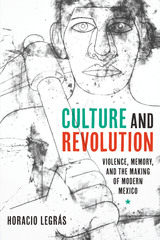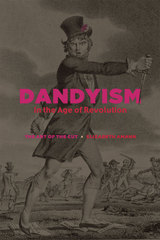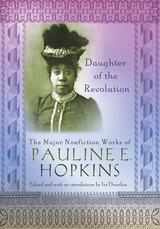Paper: 978-0-674-66982-6
With three-fourths of all poor families headed by women and about 54 percent of single-mother families living below the poverty line, a rethinking of the fundamental assumptions of our much-reviled welfare program is clearly necessary. Here, Linda Gordon unearths the tangled roots of AFDC (Aid to Families with Dependent Children). Competing visions of how and to whom public aid should be distributed were advanced by male bureaucrats, black women's organizations, and white progressive feminists. From their policy debates emerged a two-track system of public aid, in which single mothers got highly stigmatized "welfare" while other groups, such as the aged and the unemployed, received "entitlements."
Gordon strips today's welfare debates of decades of irrelevant and irrational accretion, revealing that what appeared progressive in the 1930s is antiquated in the 1990s. She shows that only by shedding false assumptions, and rethinking the nature of poverty, can we advance a truly effective welfare reform.
See other books on: Gordon, Linda | History | Single Mothers | United States | Welfare
See other titles from Harvard University Press












